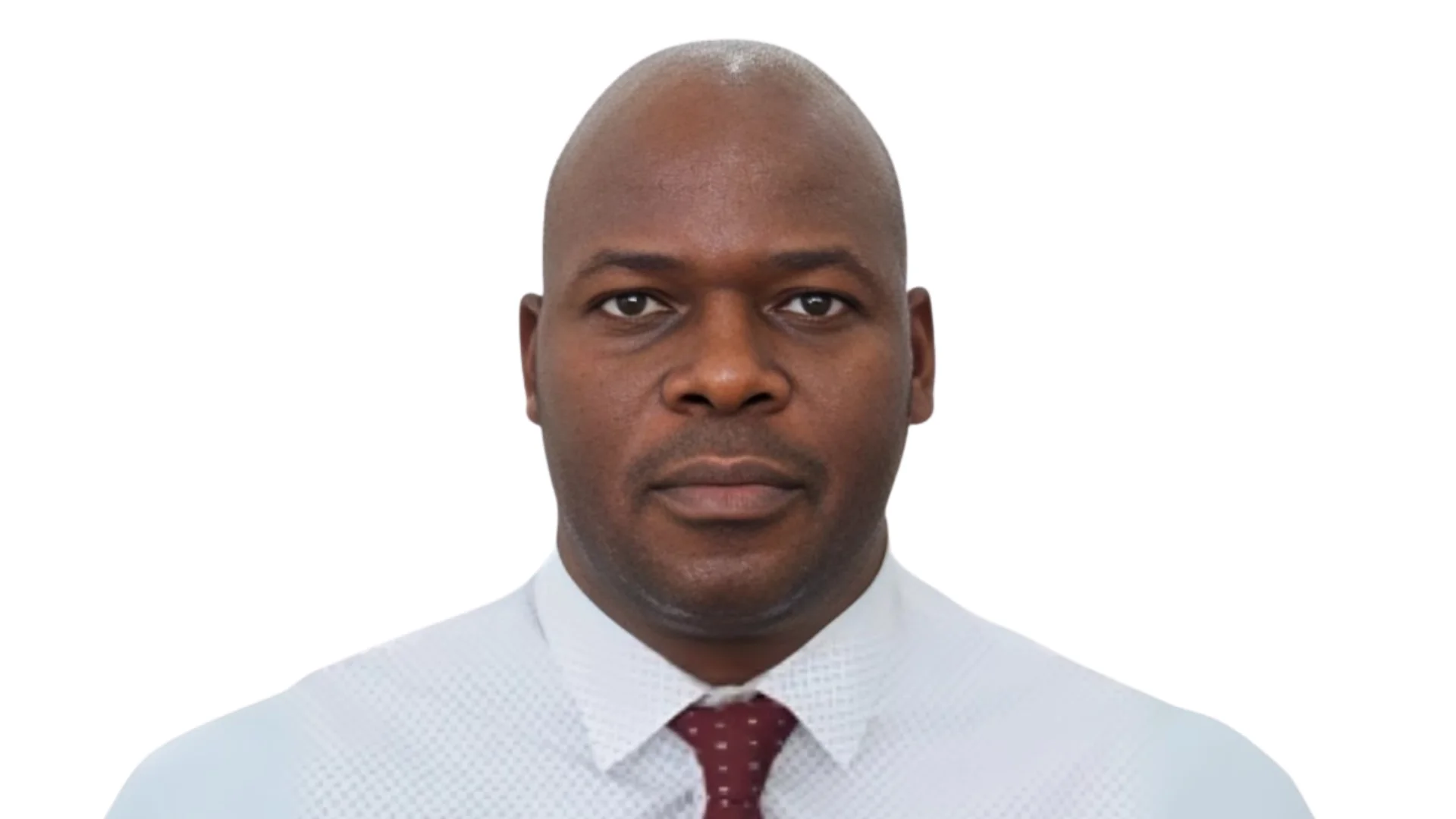The World Bank has approved a new initiative aimed at improving water security and sanitation in Sierra Leone. The Sierra Leone Water Security and WASH Access Improvement Project, backed by a $40 million grant from the International Development Association (IDA), marks the first phase of a larger ten-year program that will total $180 million.
According to Abdu Muwonge, World Bank Group Country Manager for Sierra Leone, "This project represents a critical step forward for Sierra Leone in addressing its pressing water security and sanitation challenges. By strengthening institutions, improving infrastructure, and fostering community engagement, the project enhances public health and environmental sustainability, while laying the foundation for resilient economic growth and human development. This investment underscores the World Bank’s commitment to supporting Sierra Leone’s journey toward universal access to safely managed WASH services and a climate-resilient future."
Sierra Leone faces ongoing issues in its water and sanitation sector despite having significant rainfall. Challenges include limited infrastructure, inefficient service delivery, poor governance, weak institutions, inadequate financing, lack of coordination among stakeholders, an undeveloped sanitation value chain, and vulnerability to climate change. Current data shows that only 63% of the population has access to basic water services; just 23% have improved drinking water sources on their premises. Sanitation figures are lower still: only 32% have safely managed or basic sanitation services and just 12% have access to basic hygiene facilities.
The project aims to address these problems by building institutional capacity within the Ministry of Water Resources and Sanitation as well as other relevant agencies. It includes policy development, regulatory improvements, staff training programs, and creating a national masterplan for water resources management. Infrastructure upgrades are planned for the Guma Valley Water Company to improve operational efficiency. Other components involve increasing toilet and hygiene access in schools and health centers; expanding fecal sludge treatment capabilities; launching a nationwide campaign against open defecation; and establishing mechanisms for pooling funding from various partners.
Xavier Chauvot De Beauchene, World Bank Lead Water Specialist and Task Team Leader said: "This project is the first step of a 10-year partnership to support a comprehensive and strategic approach to tackle Sierra Leone's water and sanitation challenges. By strengthening institutions, improving operational efficiency, and promoting better sanitation practices, this partnership will achieve tangible improvements in water security and WASH access in Sierra Leone. It will also contribute to improving public health and implementing climate-resilient approaches for a more sustainable environment for all."
The expected outcomes include benefits for about five million people through improved planning processes that account for climate resilience as well as enhanced WASH (Water Supply Sanitation & Hygiene) services—half of whom are women—and 1.5 million youth among them. In particular, around 400,000 residents in Western Area should gain better access to clean water while approximately 1.3 million people will see improvements in sanitation or hygiene conditions; this includes about 80,000 who will benefit from upgraded public facility toilets. The project is also projected to create roughly 1,400 direct jobs across sectors involved with implementation while providing training opportunities for around 600 professionals working within these fields.
Additionally it plans an expansion of fecal sludge treatment capacity up to 50,000 cubic meters per year—an important step towards reducing environmental risks associated with untreated waste.

